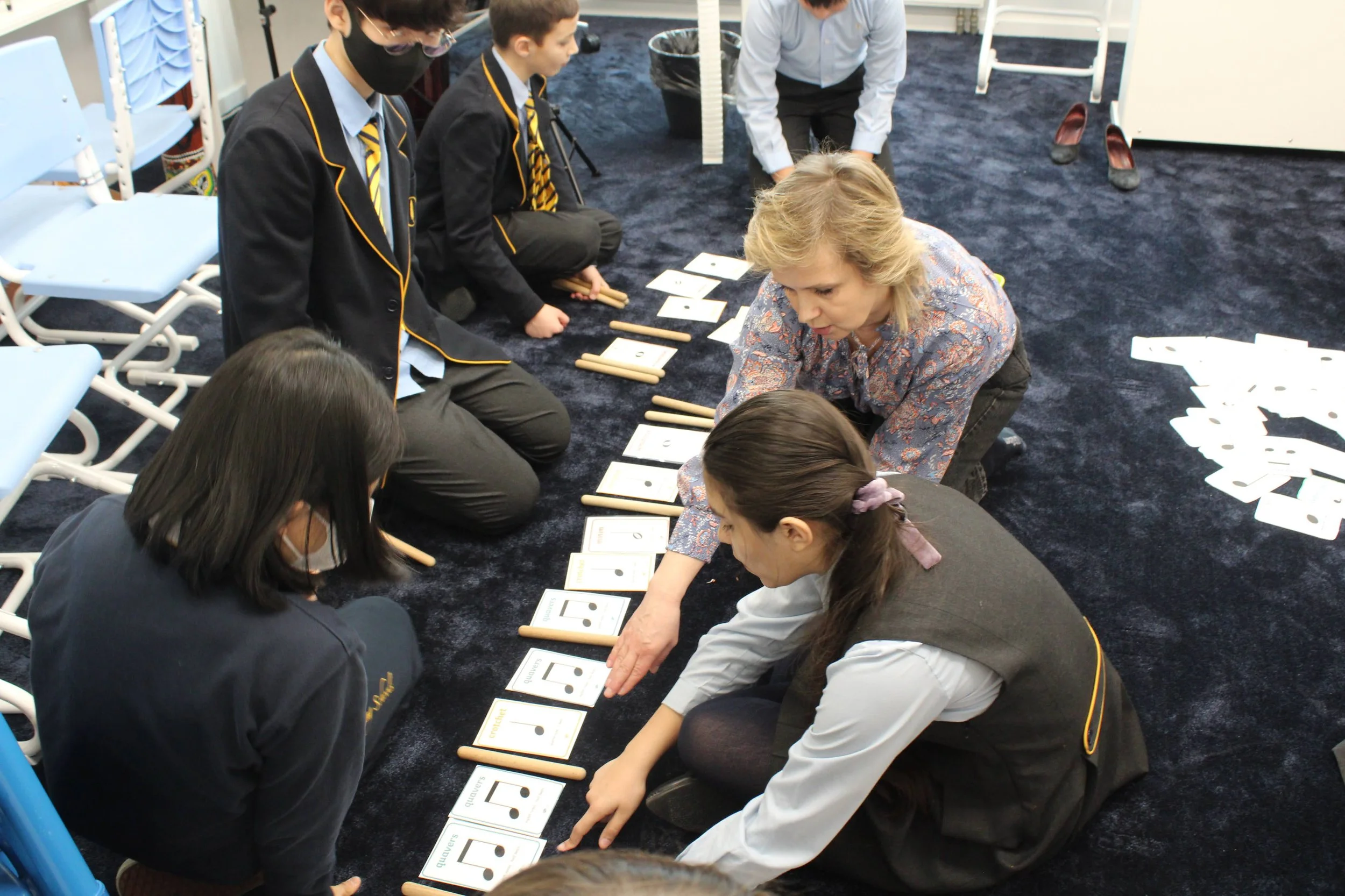Growth Mindset
School gives you the opportunity to learn, a lot. Maths, English, history and science are obvious examples, however, one of the most important things that children learn at school is how they feel and the ability to understand their emotions. It is a skill that can help them throughout school and beyond. By understanding your emotions, you can better acknowledge how to tackle new situations and challenges. This is massively important in school, as often each year can feel more stressful than the last, with exams, changing friendships, changing bodies, and bigger decisions to make concerning your future.
Putting up barriers can often be easy and unconscious. It can be easy to say, “I can’t do this” or “I am very good at maths but not at art”, even as an adult, but especially as a child. This can be referred to as a fixed mindset, which at its core means you consider your skills and ability preset (like in a video game) and there are some things you will never be able to do. This can lead to self limiting and negative self esteem or self worth. When you tell yourself you’re not good at something, you will not be good at it, as your brain is not in the right place to learn, thus you will be unmotivated and that you see yourself as failing.
The opposite to this is a growth mindset. This does not mean telling yourself you are great at everything, but rather acknowledging that, whilst you might not be of the same skill set as others, or in other areas, you are improving and learning. Put simply, rather than, “I can’t draw,” it's “I can’t draw yet.”
This approach encompasses more than just looking at something you are trying to achieve and saying, “I will get there”, It involves understanding our responses to set backs and finding ways to keep motivated, confident and avoid getting stuck without progressing. This means we know that negative emotions will occur, (like anger or frustration) but we have ways of coping and dealing with them to avoid that becoming a barrier to learning.
This is by no means an easy thing to learn, it takes a long time to shape our thinking and particularly into such a positive and growth orientated way. In school we can support that in many ways:
When we look at pieces of work no matter how good or bad they may be compared to others, it is important that children can compare it to their own work.
Is it better than my last piece?
What is good or improved in this piece of work?
How did I find it doing this piece of work?
Even those who are achieving particularly high results need to look at what the next steps are in order to move forward, as thinking that you are good at everything is just as much of a fixed mindset as thinking you are not. This can be just as limiting, particularly when you reach a point in your education where you don’t know everything, so these skills are important to all learners. It is important to consider these questions for all pieces of work.
Emotional intelligence is important in this process as it can be very easy to find things disheartening when you analyse work. Therefore it is important to know how to deal with this process. That means learning how to recognise both strengths and points of improvement. Children need to be able to separate themselves from their work, something that takes a lot of resilience and needs to be reinforced with the language used when discussing work. For example: “this paragraph needs improving,” rather than “you need to sort out your writing.”
PSHE lessons are the important element in learning emotional intelligence. As suggested earlier, a lot of this can be communicated by the choice of language when discussing work, however it is important for children to recognise and validate their own emotions. Having lessons where emotions are discussed and strategies (such as taking a five minute movement break or indulging in a hobby such as football or colouring after school) are considered is crucial for helping children continue to be able to understand their work and care about it without it becoming undue pressure.
In conclusion, a growth mindset is very easy to describe but takes a lot of work to achieve, both as an individual and as the teacher in the classroom. It encompasses everything from how work is marked, to how children are spoken to, and makes sure that children are given skills and tools to understand and work with their emotions and manage stress. However, once the growth mindset is woven into a learning environment, it can become second nature and can produce far more astute and productive learners.
Mr Blount-Hogg, Assistant Head.




